
In that context, Plan No. 02-KH/BCĐTW of the Central Steering Committee on Science, Technology, Innovation and Digital Transformation, issued in early 2025, has created a strategic turning point. Not just an administrative document, Plan 02 represents a bold political -technological vision: Taking data as the center, using artificial intelligence as a tool to guide the restructuring process of the state administrative apparatus.
From document management to data and AI management
For decades, Vietnam’s administrative management has been based on the principle of handling paper documents, multi-level processes and long approval chains. Each step adds another layer of documents, each level adds another layer of waiting. This approach not only wastes time and resources but also makes the management process passive, making it difficult to react quickly to real-life changes.
Plan 02 has defined a completely new mindset: "Promoting digital transformation that is interconnected, synchronous, fast, efficient, and data-centric". From here, technology is no longer an auxiliary part, but becomes the backbone of the public administration system.
In particular, for the first time, "artificial intelligence, big data, virtual assistants, and drones" are included in the group of key technologies serving the direction and administration of leaders at all levels. "Naming" these technologies in a central-level plan is not simply a formality. It is an affirmation that AI, especially Generative AI, will play a central role in the process of modernizing Vietnam's administrative system.
AI Gen and Virtual Assistants – the core of restructuring the way we work
If in the past, digitalization only stopped at converting paper documents into electronic files, then with Gen AI, the whole process is "reprogrammed" from the root. Each cadre and civil servant in the near future can be supported by a "digital colleague" Personal AI Assistant, ready to take on most repetitive administrative tasks.
This system can: Automatically draft official documents, submissions, and reports based on available data and standard templates; Summarize legal documents dozens of pages long in seconds; Smart search: Just "ask" about a clause, decree, or regulation, the system will return the correct answer with citations; Manage personal work: Remind meeting schedules, prioritize, and suggest ways to coordinate between departments.
A specialist who used to spend hours researching the legal basis for a Proposal now needs just a few seconds with a simple command. Content drafting has shifted from typing to coordinating ideas. According to pilot models, processing time can be shortened by 70–80%, while quality and consistency increase significantly.
At the system level, Gen AI can take on the role of "analytical brain" for state agencies: Reading, understanding, classifying and routing documents to the right people; synthesizing data from multiple sources, such as reports from units, socio -economic statistics, information from the press and people's feedback to build multi-dimensional analysis reports, forecast trends and warn of early risks. Thanks to that, the management process shifts from "passive processing" to "active decision-making". Leaders at all levels can access aggregated, visual data, processed instantly and supported by forecasting models, instead of relying solely on weekly or monthly reports.
Not replacing people, but empowering people
The most notable point in the philosophy of Plan 02 is the humanistic approach: AI does not replace civil servants, AI empowers them. When freed from repetitive administrative tasks, people will have more time and energy for strategic, creative and community-serving tasks.
AI not only makes the system faster, but also smarter and more transparent. This is the foundation for moving towards the AI Government model, a higher stage of digital government development, where data, technology and people combine to create an effective, honest and people-serving administration.
When Gen AI becomes the "engine" of administrative reform, and when each civil servant can own their own "digital assistant", the Vietnamese public administration has the opportunity to enter a completely new era of operation: fast - accurate - transparent - people-centered.
Plan 02-KH/BCĐTW is therefore not only a directive document but also a manifesto for a new period of governance, where artificial intelligence is not in the laboratory, but is present in every decision and every process of the national administration.
Source: https://mst.gov.vn/ke-hoach-02-kh-bcdtw-cu-hich-mo-duong-cho-gen-ai-va-tro-ly-ao-trong-cai-cach-bo-may-hanh-chinh-nha-nuoc-197251026085222348.htm


![[Photo] The 5th Patriotic Emulation Congress of the Central Inspection Commission](https://vphoto.vietnam.vn/thumb/1200x675/vietnam/resource/IMAGE/2025/10/27/1761566862838_ndo_br_1-1858-jpg.webp)



![[Photo] National Assembly Chairman Tran Thanh Man receives Chairman of the House of Representatives of Uzbekistan Nuriddin Ismoilov](https://vphoto.vietnam.vn/thumb/1200x675/vietnam/resource/IMAGE/2025/10/27/1761542647910_bnd-2610-jpg.webp)
![[Photo] Party Committees of Central Party agencies summarize the implementation of Resolution No. 18-NQ/TW and the direction of the Party Congress](https://vphoto.vietnam.vn/thumb/1200x675/vietnam/resource/IMAGE/2025/10/27/1761545645968_ndo_br_1-jpg.webp)
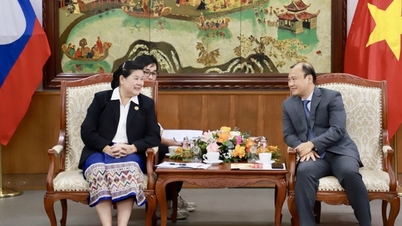

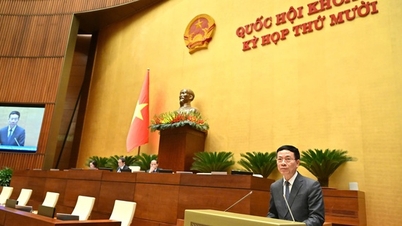


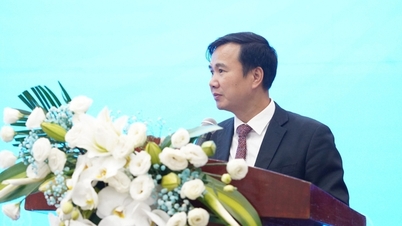





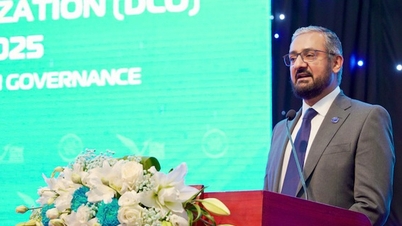




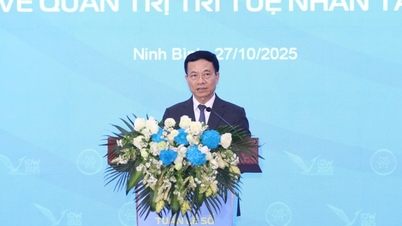

























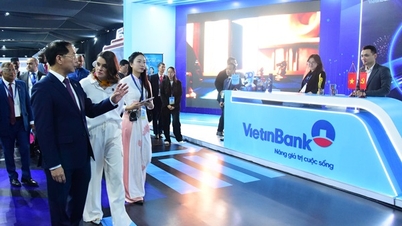












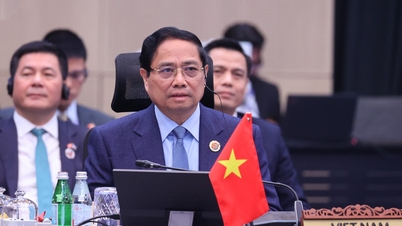








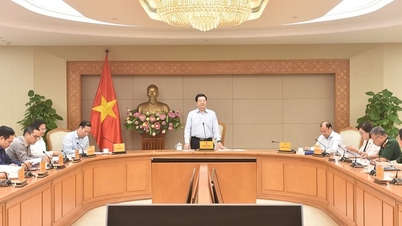
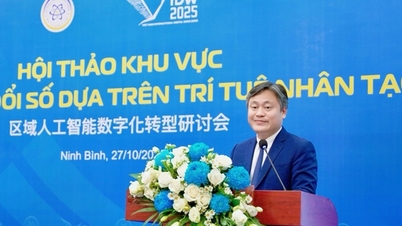
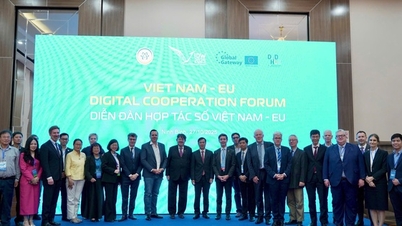


























Comment (0)